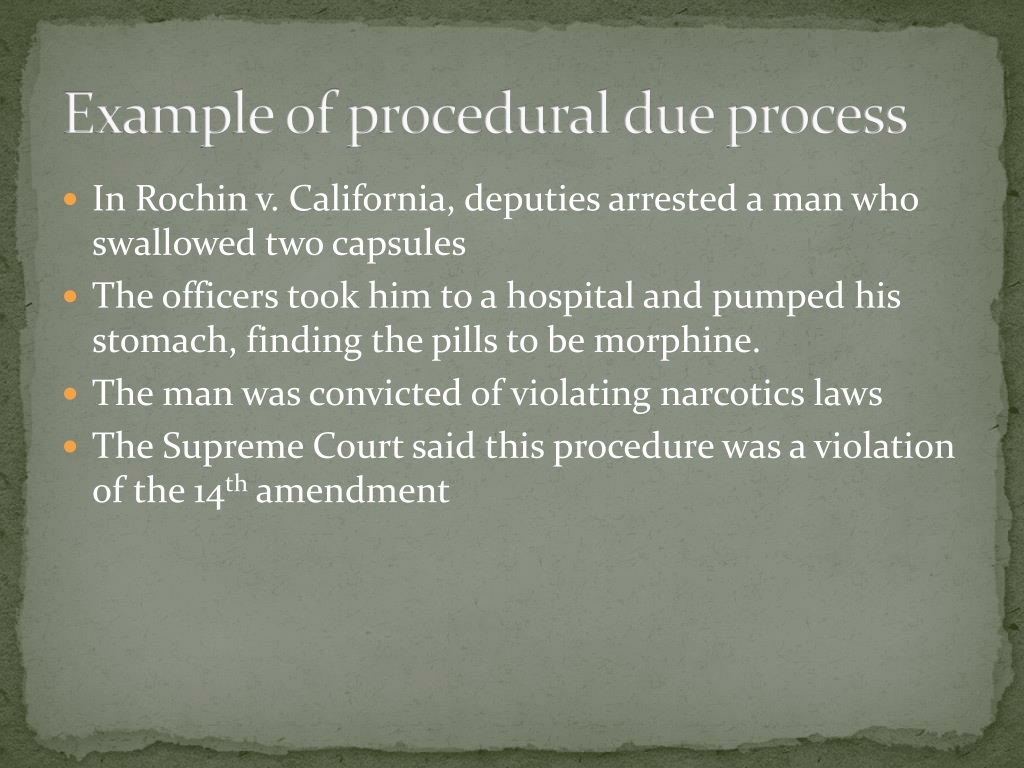

Federal Election Commission (FEC), the most sweeping expansion of corporate rights yet, the Supreme Court cited Bellotti in its highly controversial 5-4 ruling that political speech by corporations is a form of free speech that is also covered under the First Amendment. In later cases, this headnote would be treated as an official part of the verdict, and Waite’s conclusion reaffirmed in subsequent decisions by the Court, from an 1888 case involving a steel-mining company to the 1978 Bellotti decision, which granted corporations the right to spend unlimited funds on ballot initiatives as part of their First Amendment right to freedom of speech. The case is remembered less for the decision itself-the state had improperly assessed taxes to the railroad company-than for a headnote added to it by the court reporter at the time, which quoted Chief Justice Morrison Waite as saying: “The Court does not wish to hear argument on the question whether the provision in the Fourteenth Amendment to the Constitution which forbids a state to deny to any person within its jurisdiction the equal protection of the laws applies to these corporations. Southern Pacific Rail Road that the Court appeared to grant a corporation the same rights as an individual under the 14th Amendment. corporations have sought many of the same rights guaranteed to individuals, including the rights to own property, enter into contracts, and to sue and be sued just like individuals.īut it wasn’t until the 1886 case Santa Clara County v. But going back to the earliest years of the republic, when the Bank of the United States brought the first corporate rights case before the Supreme Court, U.S. 1886 Headnote Shifts the Meaning of the 14th AmendmentĬorporations aren’t specifically mentioned in the 14th Amendment, or anywhere else in the Constitution. Bakke) and same-sex marriage (2015’s Obergefell v. Virginia), affirmative action (1978’s Regents of the University of California v. The Equal Protection Clause would also play a crucial role in major Supreme Court rulings involving interracial marriage (1967’s Loving v. Board of Education that segregated school facilities were unconstitutional, as they failed to protect black and white students equally under the law. Supreme Court ruled unanimously in the 1954 case Brown v. Originally aimed at guaranteeing all the rights of citizenship to formerly enslaved people, the Equal Protection Clause has played a leading role in many landmark civil rights cases. (Credit: Paul Natkin/Getty Images) How 'Equal Protection' Plays a Key Role in Supreme Court Decisions View of the Fourteenth Amendment as posted on the wall of Little Rock Central High School National Historic Site in Little Rock, Arkansas. Wade (1973), when the Court found that a woman’s right to an abortion fell within the zone of privacy protected under the 14th Amendment. Later verdicts would expand this right to privacy, including Roe v. The ruling famously drew that right to privacy from the “penumbras” (or shadowy zones) cast by other specific guarantees in the Bill of Rights, including free speech (First Amendment), freedom from forced quartering of troops (Third Amendment), unreasonable searches and seizures (Fourth Amendment), forced self-incrimination (Fifth Amendment) and other unenumerated rights (Ninth Amendment).


Connecticut (1965), the Supreme Court ruled that a state ban on the use of contraceptives violated a couple’s right to marital privacy, which according to the Court was an essential liberty protected under the 14th Amendment’s Due Process Clause. It protects individuals (or corporations) from infringement by the states as well as the federal government. In practice, the Supreme Court has used the Due Process Clause of the 14th Amendment to guarantee some of the most fundamental rights and liberties we enjoy today. Due process ensures that all levels of government operate within the law and provide fair procedures for everyone. The fundamental principle of due process goes back to the Magna Carta, the 13th century English charter that inspired the framers of the U.S.

The two most important provisions of the 14th Amendment guarantee that states, like the federal government, cannot “deprive any person of life, liberty or property, without due process of law nor deny to any person within its jurisdiction the equal protection of the laws.” What is Due Process? While the 13th and 15th Amendments were relatively limited in scope-the first abolished slavery and the second granted voting rights to black men-the 14th Amendment exponentially expanded the protection of civil rights for all Americans.
#Constitution right to due process full
Constitution designed to grant full citizenship rights to formerly enslaved people. Ratified in 1868, it was one of three amendments to the U.S.


 0 kommentar(er)
0 kommentar(er)
